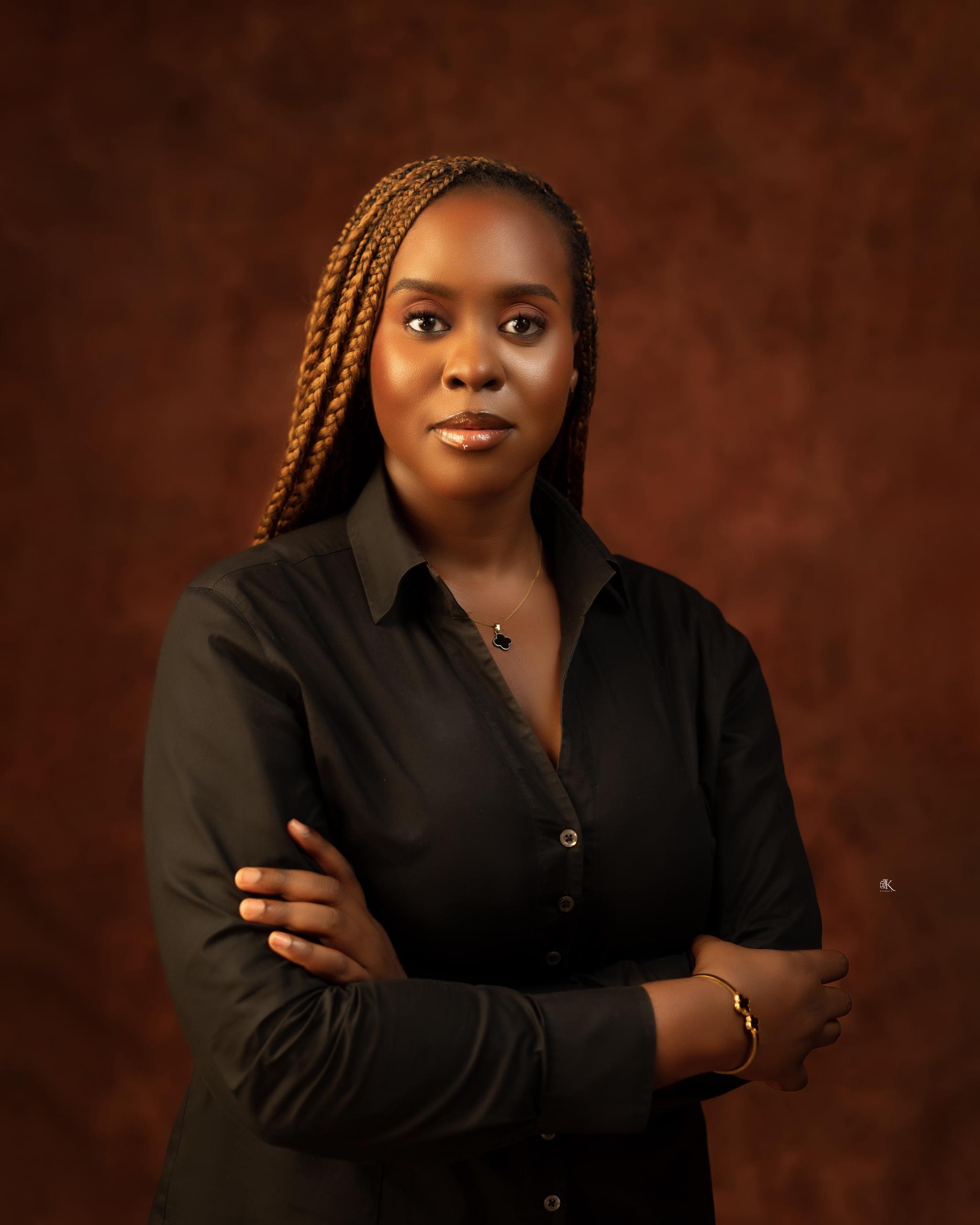By; HADIZA PHILIPPA BALARABA THOMPSON Nigeria continues to carry a heavy burden of maternal mortality, estimated at over 800 per 100,000 live bir
By; HADIZA PHILIPPA BALARABA THOMPSON
Nigeria continues to carry a heavy burden of maternal mortality, estimated at over 800 per 100,000 live births, with stark regional disparities worsening outcomes for very young mothers.
Our country bears one of the world’s highest burdens of maternal mortality. In 2023 alone, an estimated 75,000 maternal deaths occurred—nearly a third of global maternal fatalities The Guardian.
Alarmingly, adolescent girls are especially vulnerable. Adolescent fertility rate stands at about 106 births per 1,000 girls aged 15 to 19yrs. BioMed Central and maternal causes account for 40% of deaths among girls aged 15 to 19 in Nigeria.
Early pregnancy complications are quite common among very young girls and include obstructed labor (due to an underdeveloped pelvis), anemia, low birthweight babies, and stillbirths (BioMed CentralWikipedia.)
Additionally, reproductive rights are constrained. Nigeria records 1.8 to 2.7 million abortions annually, mostly unsafe, leading to serious health complications in ~25% of cases and annually. (Wikipedia).
Unsafe abortion remains a leading contributor to maternal mortality, particularly among adolescents.
What Do Young Women Know and Practice?
Birth Preparedness and Complication Readiness (BPCR) is a lifesaving framework urging expectant mothers to:
1. Know danger signs
2. Plan place of delivery
3. Identify skilled birth attendants
4. Arrange transport and blood donors
5. Save money and prepare emergency plans.
A study done in Enugu showed that only 20.5% of pregnant women had “good knowledge” of BPCR components MedCrave Online. In Edo State, 60.4% had good knowledge but, only 39.2% practiced BPCR properly.
A meta-analysis across Nigeria shows that while more women know danger signs (~52%), arrange transport (~60%), or save money (~63%), practice remains uneven Springer Publishing Connect.
Broader studies highlight a persistent “know-do” gap: although many women are aware of BPCR, fewer effectively implement the steps.
What Holds Young Nigerian Women Back?
Cultural norms & stigma: Unmarried pregnant adolescents face high level of social stigma and this affects their willingness to seek antenatal or skilled medical care.
Male-dominated decision-making: Patriarchal norms mean that fathers often control the household and in turn, women’s access to health care, contraception, and delivery support- especially in communities in northern Nigeria.
Heavy reliance on traditional birth attendants (TBAs): Especially in rural and underserved areas, over 60% of births occur outside facilities under the care of TBAs,they are trusted but, sometimes uninformed persons.
Structural hindrances: Poverty, weak infrastructure, lack of transport, poor health system funding, limited early antenatal booking, all limit young women’s reproductive autonomy. Very few women book antenatal care (ANC) in the first trimester.
Unsafe abortion: Many young women believe unsafe abortion is a quickly accessible option, unaware of its devastating health risks. Often times, such risks could cost them their lives.
Home-grown success stories:
Abiye (“Safe Motherhood”) Programme in Ondo State was launched in 2009 and it provides free, comprehensive maternal healthcare. By 2016, maternal mortality dropped from 745 to 112 per 100,000 live births—an 84.9% reduction Wikipedia.
Nigeria Health Watch: A health communication nonprofit promoting reproductive health awareness and better policy reforms at state and federal levels.
Young women and girls (11–25 years) can take proactive steps to safeguard.
their sexual and reproductive health:
Know your rights and risks
Learn about your rights to antenatal services, contraception, and safe deliveries, regardless of your marital status. Recognize danger signs (bleeding, severe headache, fever, reduced fetal movement) early.
Plan your birth
Use BPCR and identify where you will give birth, who will attend to you (should be skilled personnel), how you will get there, who will accompany you, how you will get emergency funds, and if critical, arrange for blood donors.
Seek trusted advocates & mentorship
Local organisations like Women Advocate, Research and Documentation Care (WARDC) and community volunteers can connect you to services and accurate information, especially if family or partners object.
Engage with midwives and trained attendants.Even if you must see a TBA, ask if they work with midwives or attend referral trainings. Collaboratively, they can help you get to care if risks emerge.
Break stigma through peer support
Talk about your experiences, share accurate knowledge with your peers.
School clubs, church groups, or “purple clubs” (created by WARDC) can drive acceptance and information-sharing.
Pressure duty Demand investments in rural clinics, transport availability, early antenatal access, and funding for adolescent-friendly services, especially through platforms like Nigeria Health Watch.
A Future Where No Mother Dies Young
Maternal health in Nigeria, particularly for adolescent girls and young women, is fraught with dangers but, it is not beyond repair.
Evidence shows that:
Young women are highly vulnerable, particularly without support or planning.
Birth preparedness knowledge often exists, but translating it into action remains uneven, particularly in young mothers.
Advocates from state initiatives like Abiye to NGOs like WARDC have driven powerful, life-saving change.
Community-level partnerships, peer advocacy, and rights-driven education can equip young women with what they need to take charge of their bodies and births.
By debunking myths, closing the “know-do” gap, and strengthening advocacy, we can ensure that every girl, no matter how young, has the knowledge, support, and access she needs so that no mother dies young.
Dr. Hadiza Philippa Balaraba Thompson, is a Fellow, Women in Global Health (WGH) Nigeria. She can be reached via; @doctoronair (Instagram) and Hadiza Thompson (LinkedIn)




COMMENTS